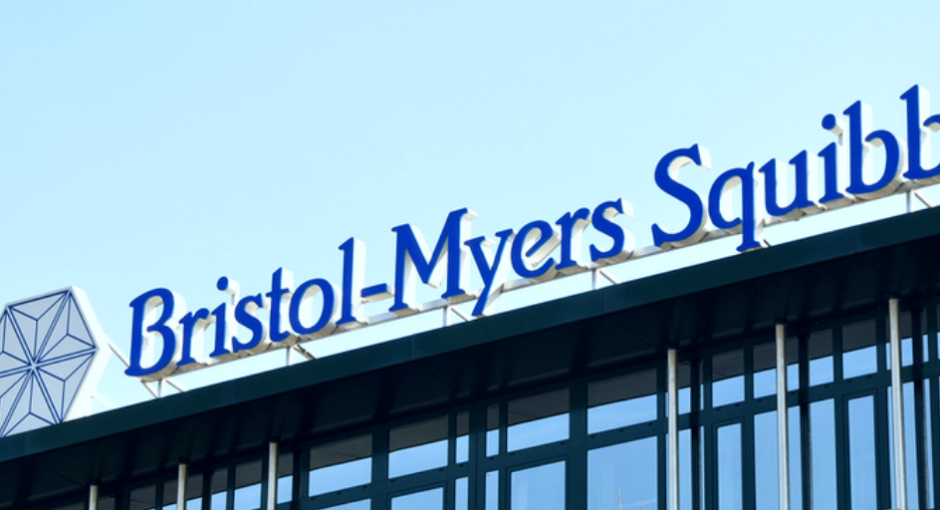340B covered entities were not included in Bristol-Myers Squibb’s $75 million settlement last week of a whistleblower’s claims that BMS “falsely reported improperly reduced average manufacturer prices” (AMPs) on multiple drugs from October 2007 through March 2016.
Ronald Streck, former president and CEO of the national trade association for drug wholesalers, sued BMS on behalf of the federal government and 29 states. He alleged that the company improperly treated compensation to wholesalers as price reductions, rather than as bona fide service fees, when calculating and reporting AMPs to the U.S. Centers for Medicare & Medicaid Services (CMS) for Medicaid drug rebate purposes. As a result, Streck alleged, BMS underpaid Medicaid drug rebates owed to the states and caused the federal government to be overcharged for Medicaid payments to the states. The settlement agreement lists 209 affected National Drug Codes (NDCs).
The U.S. Justice Department (DOJ) announced the settlement agreement on April 1. BMS admitted no wrongdoing in agreeing to settle.
Streck’s complaint did not include claims that the prices BMS charged 340B entities for the 200+ drugs were improperly higher than they should have been due to BMS’s alleged misstatement of AMPs to CMS. Inclusion of 340B covered entities in such lawsuits was fairly routine in the period between 2000-2010 but has been hit or miss since. One of the last examples was Mylan’s $465 million settlement in 2017 of claims that it knowingly misclassified EpiPen as a generic drug to avoid paying Medicaid drug rebates. 340B covered entities received a $19.3 million share of the settlement. In 2012, GlaxoSmithKline agreed to repay 340B entities $20.2 million for overcharges covering the period 1994 through 2003 as part of a $3 billion global health care fraud settlement.
William von Oehsen, principal at Powers Law in Washington, D.C., said 340B hospitals, health centers, and clinics aren’t the only ones harmed when suits alleging misstatements of AMP or best price exclude 340B overcharging claims. State Medicaid programs suffer, too, he said.
“By excluding 340B from these settlements, the government is depriving state Medicaid programs of additional recoveries,” von Oehsen said. “If the drugs in question are retail drugs, all state Medicaid agencies have been reimbursing such drugs at actual acquisition cost (AAC) when dispensed to a Medicaid fee-for-service beneficiary since April 2017. If the manufacturer has overcharged the covered entities, it has also overcharged the state as a result of this AAC billing rule.”


